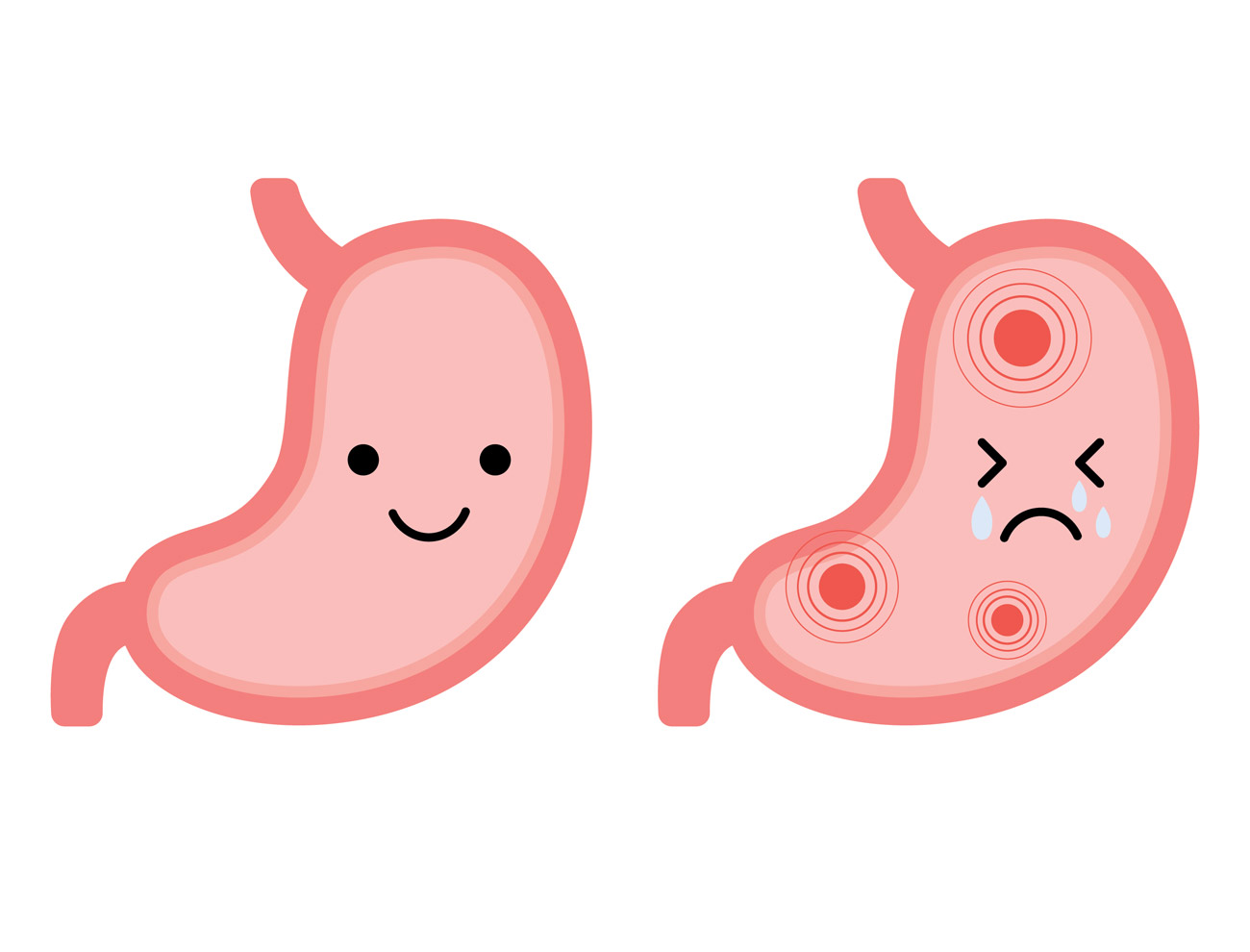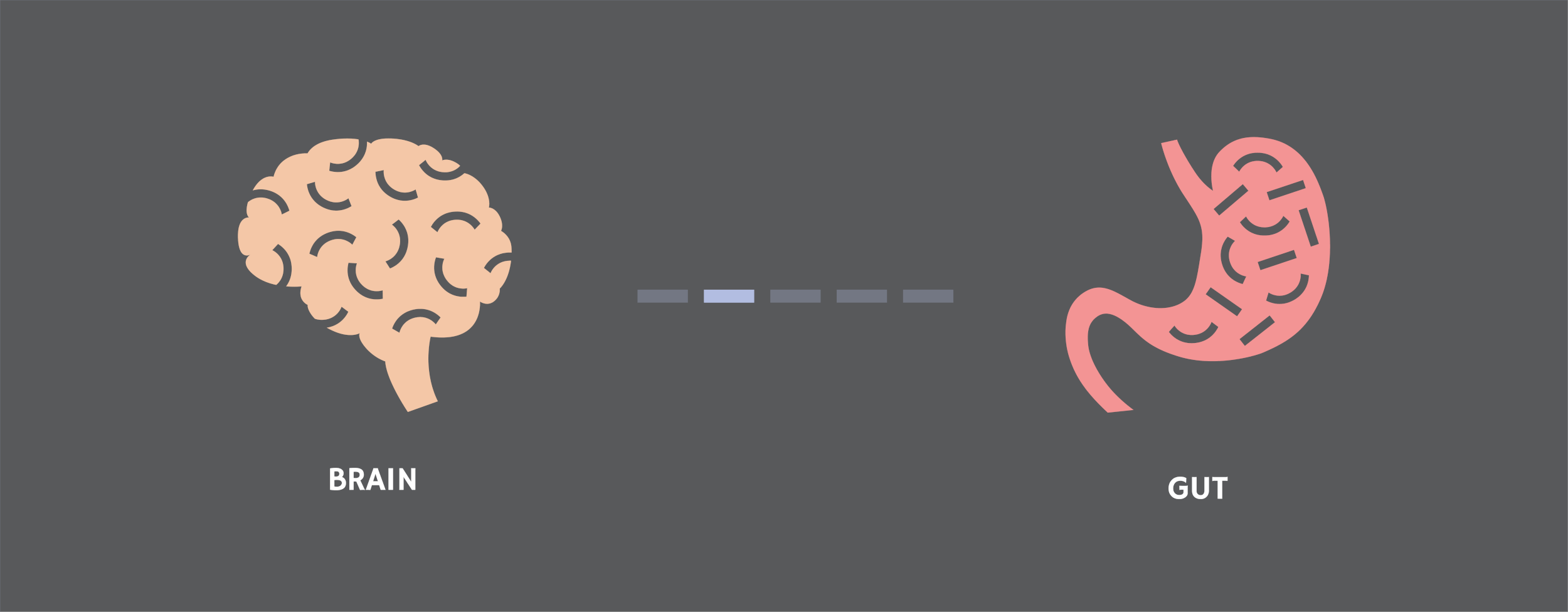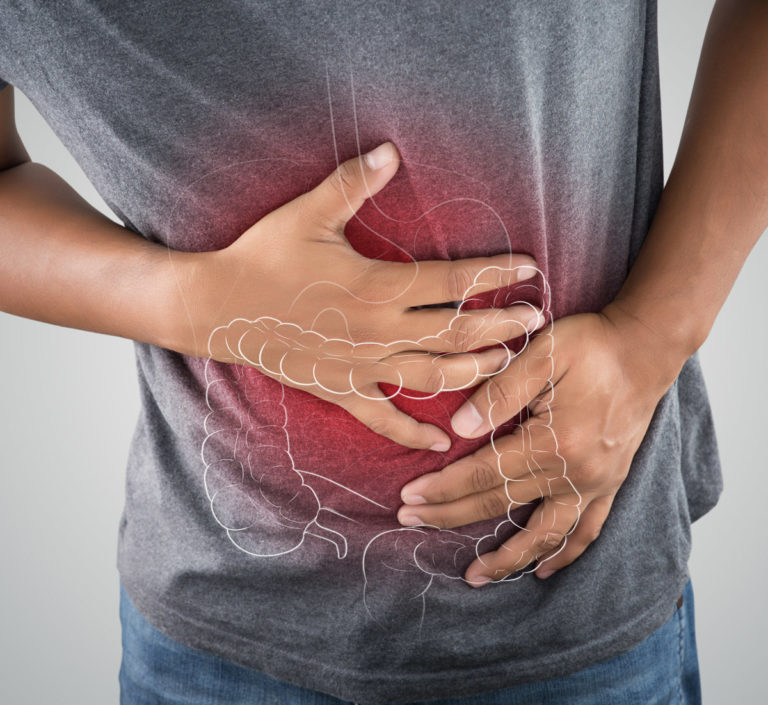At Gut Happy, I provide a holistic healthcare that focuses on the body’s natural system whilst investigating the underlying causes to return you to health.
With the aim of improving outcomes for you as a patient, I integrate evidence-based research, with complementary medicine. I consider the ‘whole person’, including all aspects of physical, emotional, spiritual, social, and environmental imbalances.

Understanding Gut Health
Is Your Gut Happy?
These are some of the signs that your gut is happy:
- If you poop once to three times a day. Your gut is happy!
- If your food takes around 28 hours to move through your gut (transit time). Your gut is happy!
- If your poop is medium to dark brown in colour. Your gut is happy!
- If your poop is smooth and forms soft to firm sausage shapes passed in a single large or few smaller pieces; and sinks in the toilet bowl. Your gut is happy!
- If you can poop without pain or discomfort. Your gut is happy!
- If you fart (this is a natural byproduct of gut bacteria munching on the food we eat). A healthy gut activity gets us farting between 10-20 times a day. Your gut is happy!
There is an important link between
the brain and the gut.

In-Depth Info
• If your poop is hard, lumpy, or looks like small, solid ‘pebbles.’ This could mean you’re constipated. Your gut is unhappy!!
• If your poop is very soft or liquid, such as mushy, watery, mucousy, or bloody. Your gut is unhappy!!
• If your poop floats, which can mean there’s undigested fat in your poop. Your gut is unhappy!!
• If you have pain or discomfort when pooping or if you are straining too much. This could be a sign of constipation, food intolerances, or irritable bowel syndrome. Your gut is unhappy!!
• If you must run to the toilet in an urgent state. Your gut is unhappy!!
• If you have constant bloating, even after drinking a glass of water or eating a certain food. Your gut is unhappy!!
• If you’re experiencing abdominal cramping or pain that cannot be explained. Your gut is unhappy!!
• If you’re troubled with loud, smelly, frequent farting. Your gut is unhappy!!
• If you’re constantly burping with meals, suffering from reflux, heartburn or have a bad breath. Your gut is unhappy!!
• If you’re often fatigued, have brain fog, or you’re moody. Your gut is unhappy!!
• If you’re regularly getting sick or develop skin rashes, acne, or eczema. Your gut is unhappy!!
• IBS (irritable bowel syndrome)
• SIBO (Small Intestinal Bacterial Overgrowth)
• Irritable Bowel Disease (IBD): Crohn’s and Ulcerative Colitis
• GERD (Gastro Oesophageal Reflux Disease)
• Food Intolerances and allergies
• Hormonal issues: women’s and men’s health
• Children’s health: fussy eaters, behaviour problems (ASD or ADHD), failure to thrive
• Autoimmune Disorders: such as thyroid conditions, rheumatoid arthritis, multiple sclerosis
• Weight management: certain strains of gut bacteria can cause weight gain or loss
• Skin Conditions: acne, rashes, eczema, and psoriasis all can be caused from an unhappy gut. An overgrowth of bad bacteria increases your risk for leaky gut syndrome, which allows toxins to travel through your bloodstream. These toxins are a major contributor to skin breakouts
• Stress, anxiety, and depression: serotonin affects your mood as well as your sleep habits. Since this neurotransmitter is produced in the gut, an unhappy gut can impact your mood.
Prolonged stress can alter the balance of the good and bad bacteria in your gut, leading to leaky gut
• Sleep issues, insomnia, fatigue, and fibromyalgia: A lack of serotonin prevents you from getting a good night’s sleep, and this can be related to an imbalance of bacteria in the gut
• Bacterial infections such as E.Coli, Salmonella, Klebsiella, Shigella (food poisoning or gastroenteritis).
• Fungal infections such as Candida (commonly known as ”thrush”).
• Parasites or worm infestations such as thread or round worms; Giardia, Blastocystis hominis, and Dientameba fragilis are all common parasites.
• Poor digestive function: for good digestion, you need sufficient stomach acid: hydrochloric acid (HCL) and pancreatic enzymes; both are needed to break down nutrients from the food you ingest. Stress is one factor that can decrease stomach acid output (hypochlorhydria) as well as having low plasma zinc and magnesium.
• Poor absorption of nutrients can lead to iron deficiency anaemia, (a cause of iron deficiency is low Hypochlorhydria (HCL)). When HCL levels fall low, it becomes very challenging for the body to digest protein, particularly animal protein, thereby compromising iron absorption (as well as B12, zinc, and magnesium). Some symptoms of low magnesium are muscle cramping, loss of appetite, irregular heartbeats or even heartburn.
• Intestinal permeability: known as a “leaky gut”, can cause undigested food particles, toxic waste products and bacteria to enter into the lymphatic system, causing your immune system to react. This can lead to allergies and widespread inflammation.
• Dysbiosis is an imbalance of species of bacteria: low levels of commensal bacteria (good bacteria), such as Lactobacillus and Bifidobacterium (these species are a major part of the intestinal microflora). Low levels can contribute to a range of conditions of ill health, such as allergies, IBS or SIBO.
• Multiple courses of antibiotics and other medications such as the oral contraceptive pill (OCP), proton pump inhibitors, NSAIDs: chronic use of nonsteroidal anti-inflammatory drugs, morphine, and other opiates can cause dysbiosis, IBS and SIBO.
• Multiple abdominal surgeries leading to adhesions and scarring can cause dysbiosis, IBS and SIBO
• Diet: over-consumption of simple carbohydrates, can result in dysbiosis, ‘brain fog,’ weight gain, poor blood sugar control, and other health problems.

